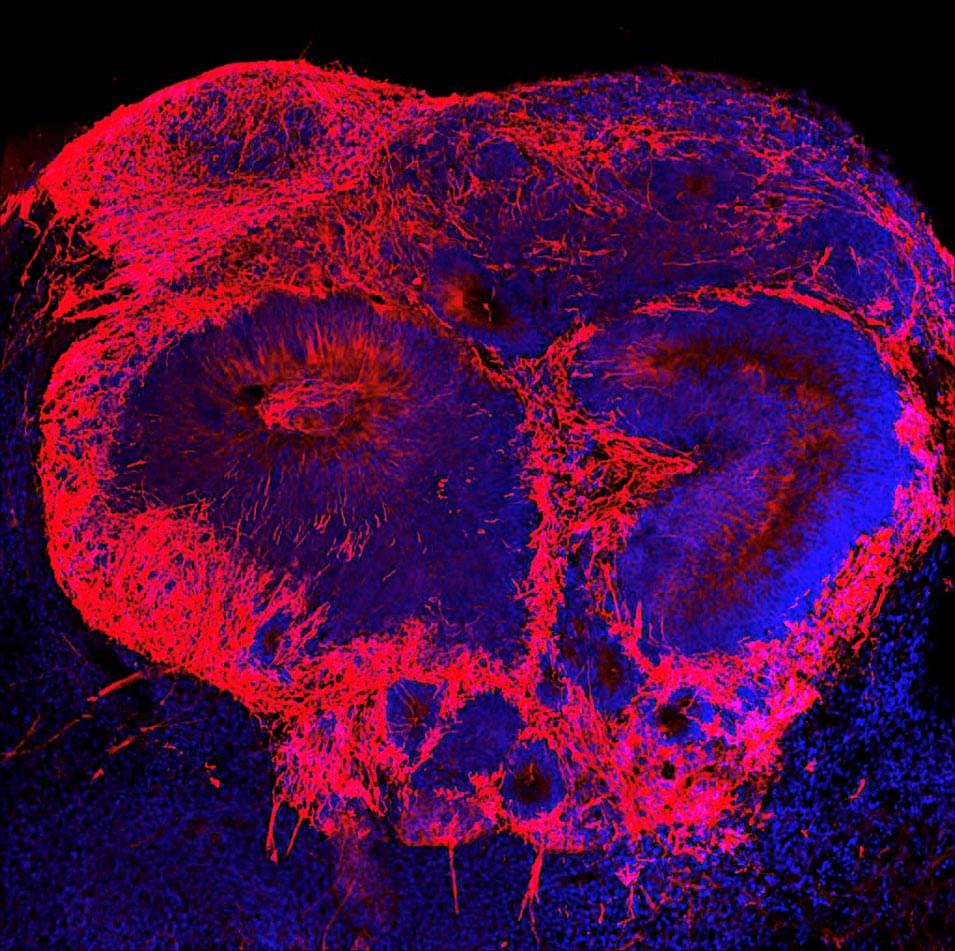Today’s latest news, Abu Dhabi, Dubai and the Emirates | The National”,” site_title”:null},” social”:{“twitter”:null,” rss”:null,” instagram”:null,” facebook”:null},” site_topper”:{“site_logo_image”:” https://cloudfront-eu-central-1.images.arcpublishing.com/the…WTPZAY.jpg”},” navigation”:{“nav_title”:null},”_admin”:{“alias_ids”:[”/uae”]},” dfp_path”:”“,” usesmallmobileheadersize”:” false”,” useparentheader”:” false”,”_website”:” the-national”,” name”:” UAE”,” order”:{“UK-edition”:1003,” US-edition”:1003,” Gulf-edition”:1003,” MiddleEastandAfricaEdition-edition”:1004,” Middleeastandnorthafrica-edition”:1003,” Middleeastnorthafrica-edition”:1003,” MENA-edition”:1002,” default”:1001,” us-edition”:1003,” JSON-Feed-Sections”:1001,” footer”:1001},” parent”:{“default”:”/”,” Footer”:null,” International”:”/”,” UK-edition”:”/”,” US-edition”:”/”,” Gulf-edition”:”/”,” MiddleEastandAfricaEdition-edition”:”/”,” Middleeastandnorthafrica-edition”:”/”,” International-edition”:”/”,” Middleeastnorthafrica-edition”:”/”,” international-edition”:”/”,” MENA-edition”:”/”,” us-edition”:”/”,” JSON-Feed-Sections”:”/”,” footer”:”/”},” ancestors”:{“default”:[],” Footer”:[],” International”:[],” UK-edition”:[”/”],” US-edition”:[],” Gulf-edition”:[],” MiddleEastandAfricaEdition-edition”:[],” Middleeastandnorthafrica-edition”:[],” International-edition”:[],” Middleeastnorthafrica-edition”:[”/”],” international-edition”:[],” MENA-edition”:[],” us-edition”:[],” JSON-Feed-Sections”:[],” footer”:[]},” inactive”:false,” node_type”:” section”,” children”:[{“_id”:”/uae/expo-2020”,” site”:{“site_url”:” https://www.thenationalnews.com/uae/expo-2020/”,” site_about”:null,” pagebuilder_path_for_native_apps”:null,” site








